Starting a podcast can be an exciting way to share your ideas with the world and connect with people who share similar interests.
To make money from your podcast, you need to create engaging content that attracts listeners and sponsors. This means picking a niche you are passionate about, understanding your target audience, and being consistent.
You’ll need some basic equipment like a good microphone, headphones, and editing software.
Don’t forget about marketing your podcast through social media and networking with other podcasters.
Engaging with your audience and asking for feedback can help improve your content and grow your listener base.
Monetizing your podcast can be done through sponsorships, affiliate marketing, and listener donations.
Platforms like Patreon allow your listeners to support you directly, while ads can bring in revenue as your audience grows.
By focusing on creating valuable content and connecting with your listeners, you can turn your podcasting hobby into a profitable venture.
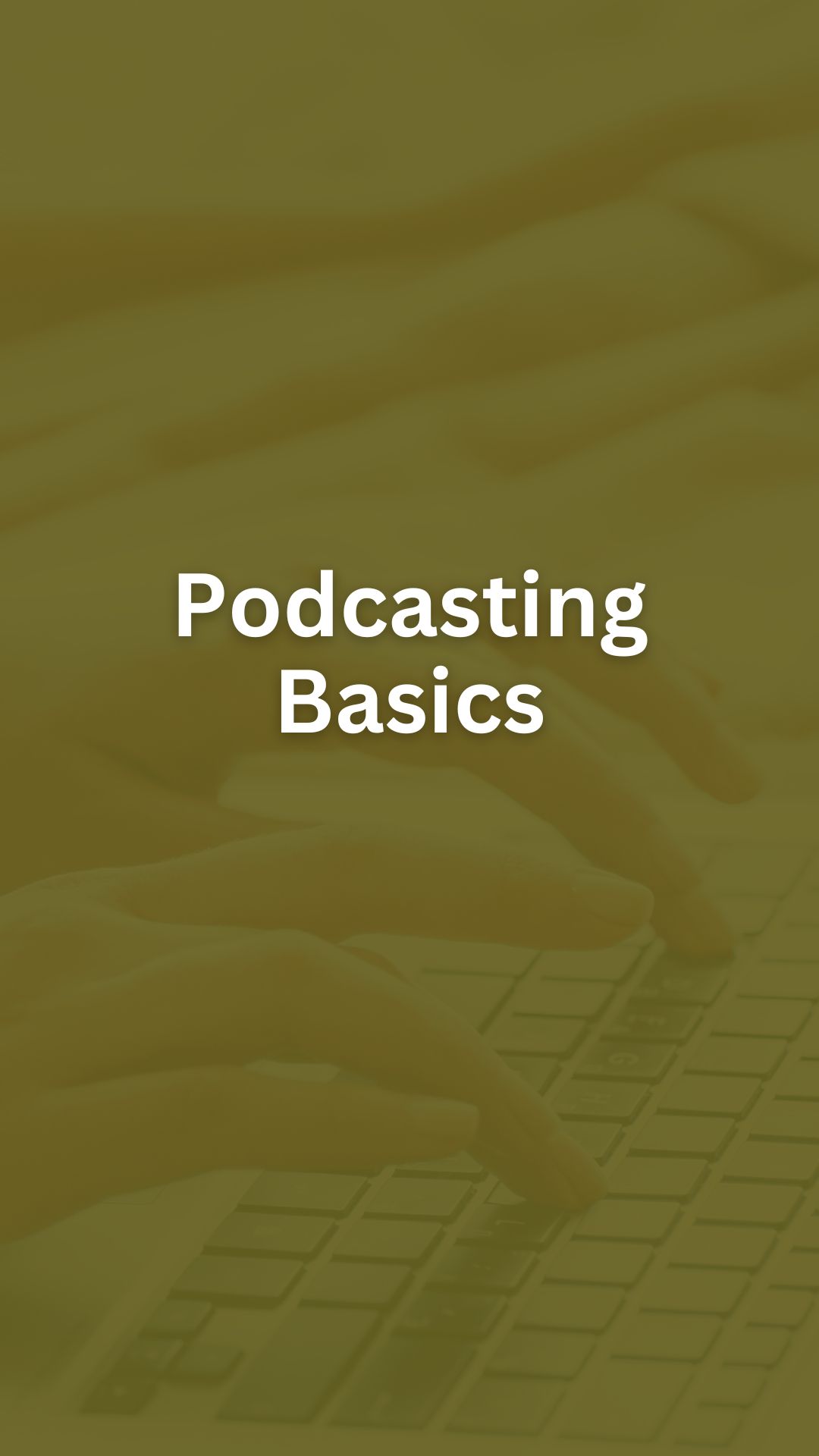
Podcasting Basics
Starting a podcast is an exciting journey. Let’s dive into what podcasting is, find out how to pick a niche, and discover why storytelling is a powerful tool.
Understanding Podcasting
Podcasting is like having your own radio show that people can tune into whenever they want.
It’s all about sharing audio content online, where listeners can download episodes or stream them directly.
You’ll need a few things to get started: a good microphone, a computer, and editing software.
Consistency is key. Decide how often you’ll release new episodes, whether it’s weekly, bi-weekly, or monthly.
Think about your audience. Who are they? What do they want to hear? Being clear about your target listeners helps you create content that they will love.
Defining Your Niche
Your niche is what makes your podcast unique. It’s the main topic or theme you’ll focus on. Picking the right niche helps you stand out. Instead of trying to appeal to everyone, focus on a specific group of people or a particular interest.
- Make a list of your passions and hobbies.
- Research existing podcasts to see what’s out there.
- Find a gap in the market or offer a fresh take on a popular topic.
Being specific helps attract a dedicated audience who return for every episode.
The Power of Storytelling
Storytelling captures listeners’ attention like nothing else. People love hearing stories because they’re engaging and memorable.
Each episode should have a clear beginning, middle, and end.
Develop characters or themes that your audience can relate to. Whether it’s funny anecdotes, powerful interviews, or informative lessons, weave them into a compelling narrative.
Using your voice authentically and genuinely connects with listeners. They feel like they know you, building loyalty and trust.
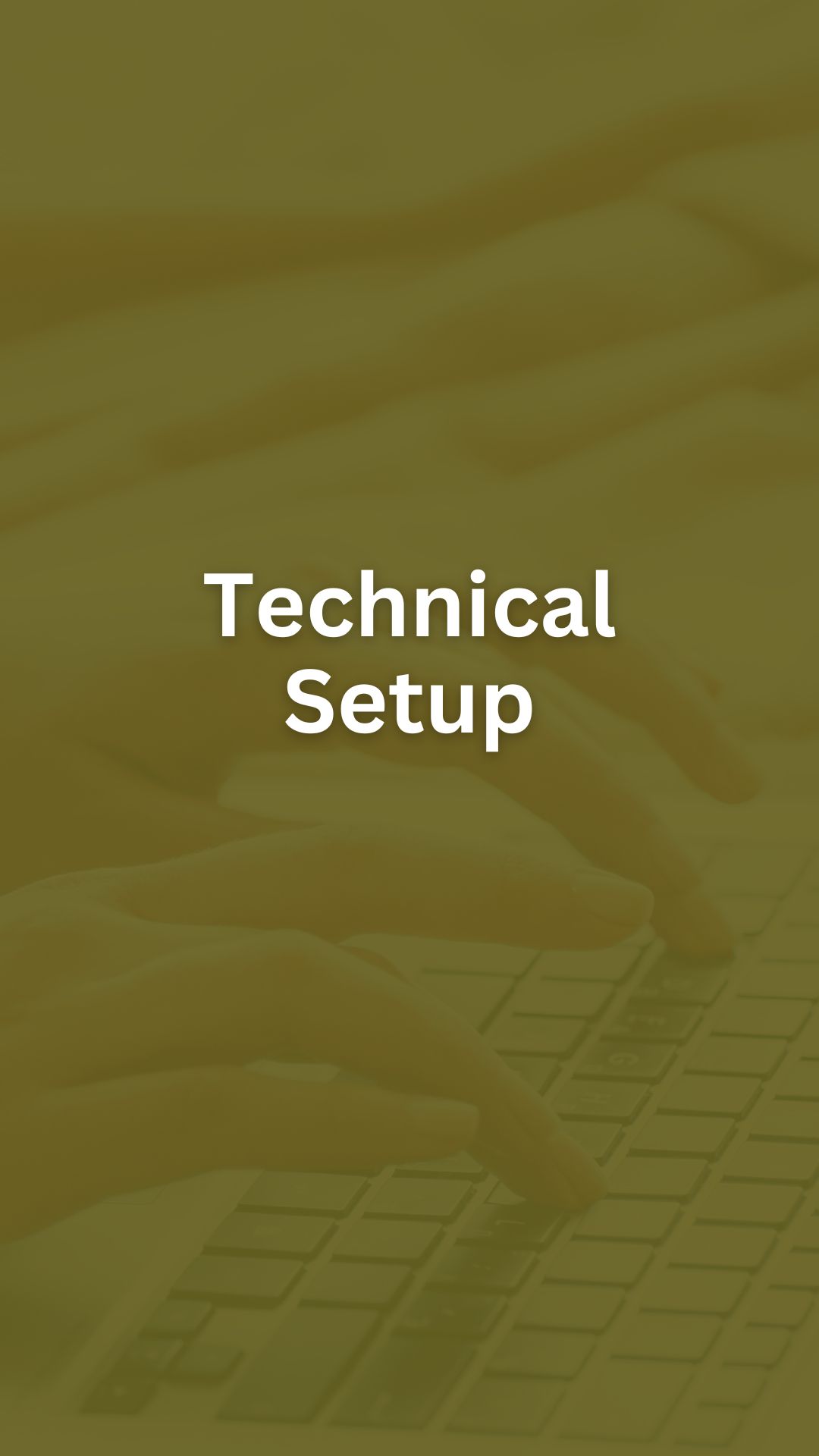
Technical Setup
Starting a podcast requires the right equipment, reliable software, and a quiet space for recording. Let’s break down each of these key points.
Choosing the Right Equipment
First, you need a good microphone. A popular choice is the Blue Yeti or the Audio-Technica AT2020. These are both USB mics that offer great sound quality and are easy to use.
A pop filter will help reduce unwanted noises like “p” and “b” sounds. Make sure to get a mic stand to keep your microphone steady.
Next, consider headphones. Look for closed-back headphones like the Audio-Technica ATH-M50x so you can hear clearly without external noise.
If you plan to record with guests or co-hosts, you might need an audio interface. This device helps connect multiple microphones to your computer. The Focusrite Scarlett 2i2 is a reliable choice.
Finally, don’t forget about a computer with good processing power. Most modern laptops or desktops will do, but make sure it has enough USB ports for your equipment.
Recording and Editing Software
For recording, Audacity is a fantastic free option. It’s user-friendly, offering basic tools that let you record and edit your podcast.
If you prefer a paid option, Adobe Audition offers more advanced features and a slicker interface. It’s great for editing multiple tracks and fine-tuning your audio.
Editing software is crucial for polishing your episodes. Remove background noise, adjust volumes, and add effects to enhance your sound quality.
You’ll also want a place to save and organize your files. Using cloud storage like Google Drive or Dropbox ensures your recordings are backed up and easily accessible.
Lastly, think about upgrading to software with more features as you grow. Programs like GarageBand (for Mac users) offer a good balance between free and paid features.
Creating a Recording Space
Your recording environment is just as important as your equipment. Choose a quiet room where you can control the noise level.
Soundproofing the space can make a big difference. Use thick curtains, rugs, and even foam panels to absorb sound.
Position your microphone away from walls and windows to avoid echoes and outside noise.
If you can, set up a permanent recording area. This helps you quickly get started each time you need to record, giving you more time to focus on your content.
Finally, make sure your space is comfortable. A comfy chair and a tidy desk can help you stay focused and creative during long recording sessions.
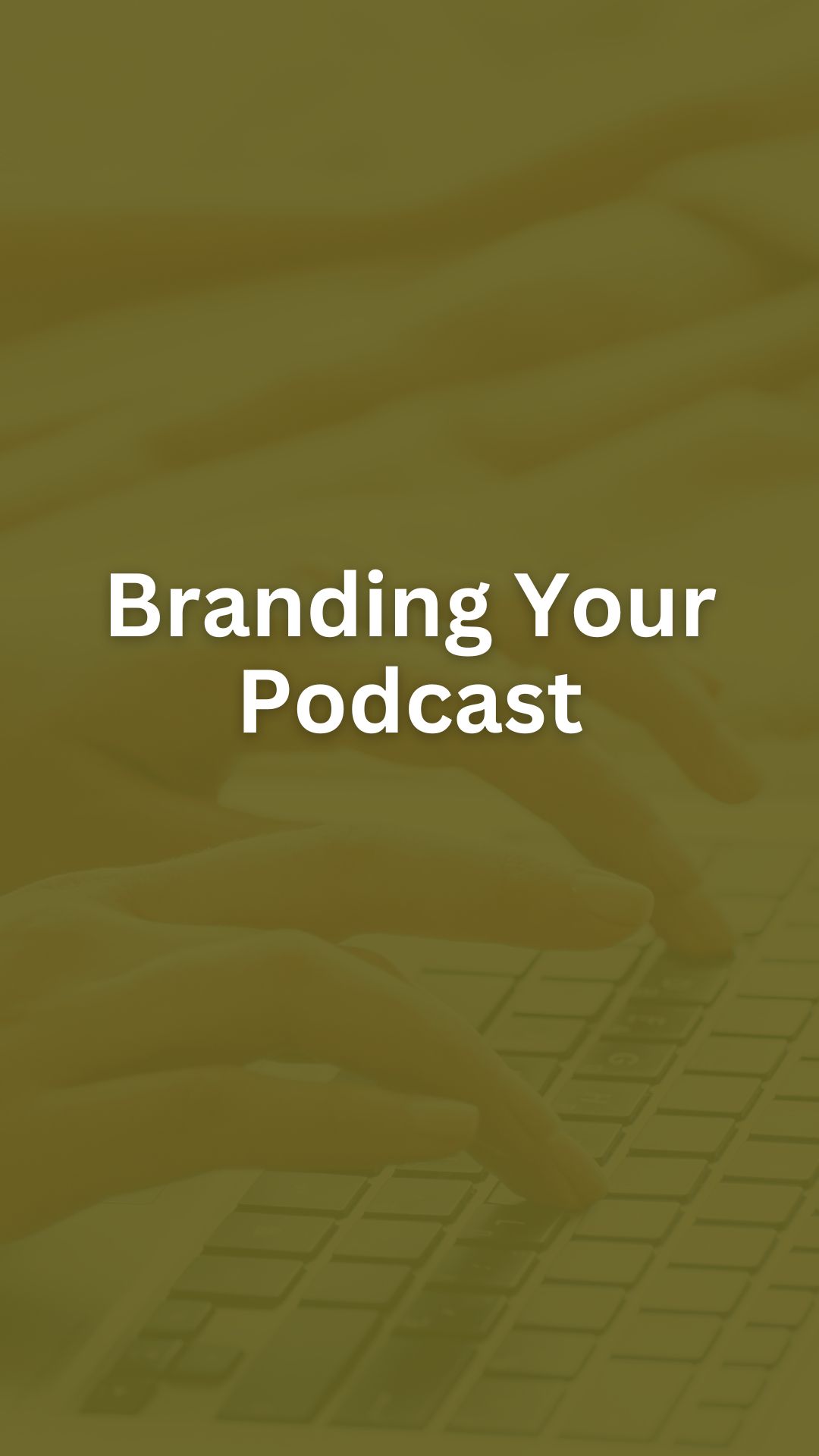
Branding Your Podcast
Branding your podcast is super important. It helps your show stand out, attracts listeners, and makes it memorable.
Designing Your Logo and Artwork
Your logo and artwork are the first things people will see. They need to be eye-catching and represent your podcast’s theme. Bold colors and simple designs work best. Make sure it looks good both small (like in a podcast app) and large (like on a website).
Use consistent fonts and colors. If you’re not a designer, there are online tools like Canva or Adobe Spark that can help you. You could also hire a professional designer if you have the budget.
Crafting Your Intro and Outro
The intro and outro of your podcast set the stage and wrap things up.
Your intro should be 30-60 seconds long and include the name of your podcast, your name, and what listeners can expect from the episode.
For the outro, summarize the episode briefly and remind listeners to subscribe, leave a review, and follow you on social media.
Music can make your intro and outro more engaging. Choose royalty-free music or create your own if you’re musically inclined.
Setting the Tone and Style
The tone and style of your podcast should reflect your personality and that of your show.
Decide if you want it to be formal, casual, funny, or serious. Consistency is key here so your listeners know what to expect each time they tune in.
If you decide to be casual and conversational, use everyday language and keep things light-hearted. For a more serious tone, maintain a professional demeanor and structure your episodes carefully. Realness and authenticity will attract and retain listeners.

Content Creation
Creating content for your podcast is one of the most exciting parts of the process. You’ll need to plan your episodes, decide whether to script or improvise, and learn how to conduct great interviews.
Planning Your Episodes
Start by choosing a topic that you’re passionate about. Make an outline of your first few episodes to give your podcast direction.
Think about the format. Will you have co-hosts, solo talks, or interviews? Decide how long each episode should be.
Consistency is key. Create a content calendar to plan ahead. This keeps you organized and helps build a routine. Use tools like Trello or Google Calendar to stay on track.
Scripting vs. Improvisation
Decide if you want to script your episodes or improvise.
Scripting provides structure and ensures you cover all points. It helps if you feel nervous or want a polished delivery.
Improvisation allows for more natural conversations. It can make your podcast feel genuine and spontaneous. However, it can also lead to rambling if you’re not careful.
Many podcasters use a mix. They outline key points and improvise the rest. Find what works best for your style.
Interviewing Guests
Interviewing guests can add variety and expertise to your podcast.
Research your guests to ask insightful questions. This keeps the conversation interesting for your audience.
Prepare a list of questions but stay flexible. Let the conversation flow naturally.
Encourage your guests to share stories and experiences.
Be a good listener. Don’t interrupt and respond thoughtfully. This makes your guests feel valued and creates a better experience for listeners. Recording on a good mic and in a quiet space ensures high-quality audio.
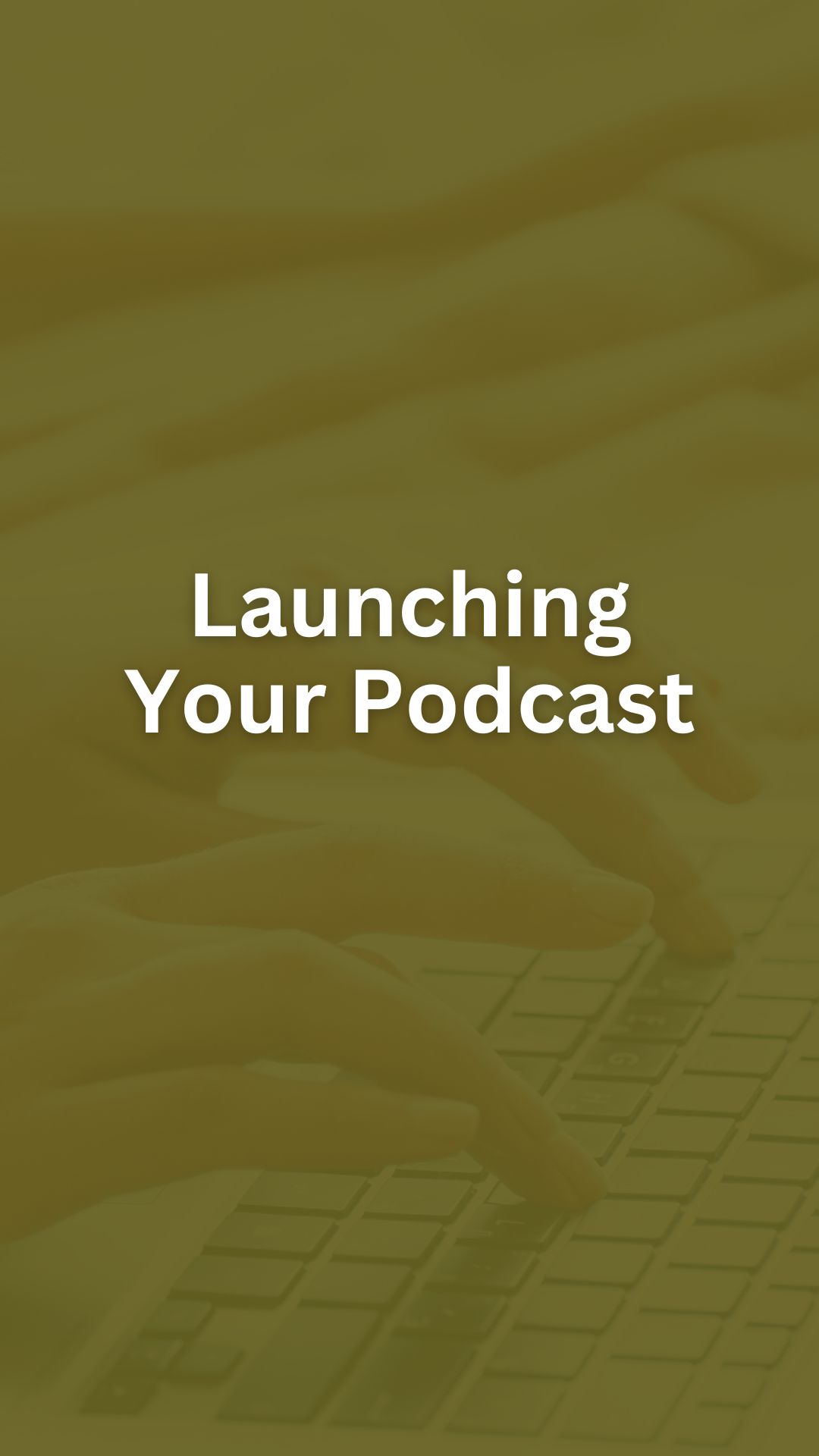
Launching Your Podcast
To launch your podcast successfully, create a solid plan, use smart marketing, and make full use of social media.
Building a Launch Plan
Start with setting a launch date. This gives you a clear goal.
Before launching, have at least three episodes ready. This helps listeners get a good feel for your show.
Define your target audience. Knowing who your listeners are will help you tailor your content and engagement efforts specifically to them.
Prepare an intro episode. Introduce yourself, your goals, and what the podcast is about. This sets the stage and builds anticipation.
List your podcast on various platforms like Apple Podcasts, Spotify, and Google Podcasts. Each platform has its own submission process, so complete these in advance.
Marketing Strategies
Create excitement by teasing your podcast on your blog, website, and email list.
Think of a catchy name and logo that stands out. These brand elements help your podcast look professional and memorable.
Plan a launch event. This can be a live-stream or a countdown on social media. Use this event to engage with potential listeners and generate buzz.
Get guests and reviews. Featuring guests can bring new audiences to your show. Ask early listeners to leave positive reviews and rate your podcast. High ratings increase visibility on podcast platforms.
Leveraging Social Media
Pick the right social media platforms based on where your audience hangs out.
Use eye-catching graphics and snippets from episodes to grab attention.
Regularly post updates and behind-the-scenes content. This keeps your audience engaged and builds a community around your podcast.
Collaborate with influencers and other podcasters in your niche. These partnerships can introduce your podcast to a larger audience.
Create a branded hashtag for your launches. Encourage listeners to use it when they share your content. This helps create a sense of community and makes your podcast more discoverable.

Growing Your Audience
To make your podcast successful, you need to connect with your listeners, use SEO strategies, and collaborate with others in the podcasting community.
Engaging with Listeners
To grow your audience, interact with listeners regularly.
Ask for feedback through social media and email. Encourage them to leave reviews and ratings on podcast platforms.
Respond to their comments and messages to build a community around your podcast.
Host Q&A sessions or live shows where listeners can ask questions and share their thoughts. This makes them feel valued and part of the podcast.
Create exclusive content or behind-the-scenes glimpses for loyal fans to keep them engaged and interested.
SEO for Podcasts
Search Engine Optimization (SEO) helps increase your podcast’s visibility.
Use relevant keywords in your episode titles, descriptions, and tags. This makes it easier for people to find your podcast when searching for related topics.
Write detailed show notes for each episode. Include important keywords and topics covered.
Submit your podcast to directories like Apple Podcasts, Spotify, and Google Podcasts with accurate and consistent information to improve searchability and ranking.
Collaborations and Cross-Promotion
Partner with other podcasters to reach new audiences. Guest appearances on other podcasts can introduce your show to their listeners.
Invite guests to your podcast who have their own followers. Promote each other’s episodes on social media and in newsletters.
This cross-promotion helps both podcasts grow by exposing each to a wider audience. Join podcasting networks or groups to find collaboration opportunities.
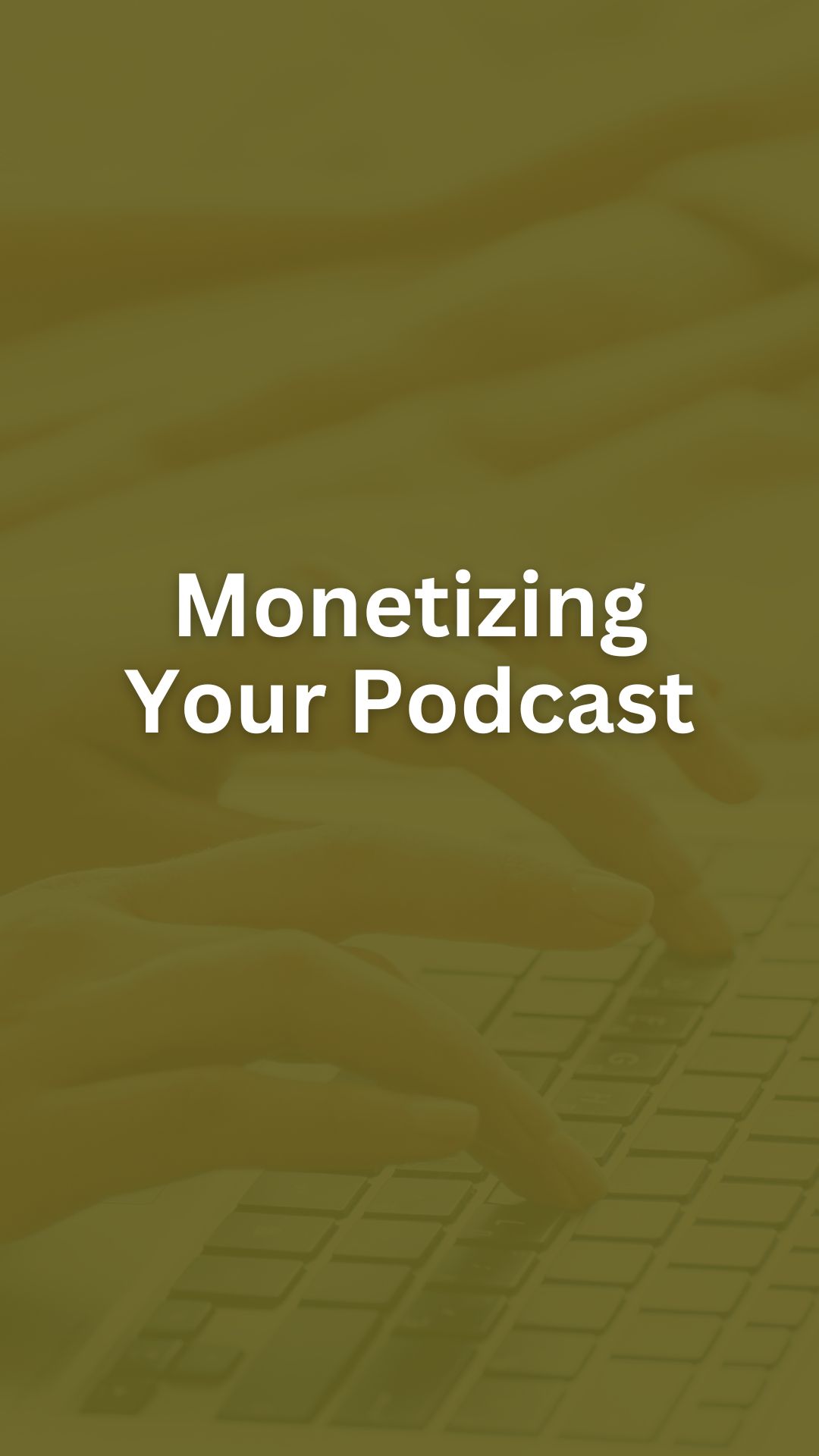
Monetizing Your Podcast
Making money from your podcast can be fun and rewarding. You can find sponsors, use affiliate marketing, or offer memberships and subscriptions. Each method has different benefits and challenges.
Finding Sponsors
Sponsors pay you to mention their products or services in your podcast. Start by identifying companies that align with your podcast’s theme. Then, reach out to them with a proposal.
Highlight your audience size, engagement, and why they would fit well with your listeners.
You can offer different types of sponsorships, such as pre-roll ads (at the beginning), mid-roll ads (in the middle), or post-roll ads (at the end).
Be clear about your rates and the value you offer. Use a media kit to present this information professionally.
A good sponsorship can provide a steady stream of income.
Affiliate Marketing
Affiliate marketing involves promoting products or services and earning a commission for every sale made through your referral link. Join affiliate programs related to your podcast’s niche.
Look for products or services you genuinely like and believe your audience will find useful.
Mention these products in your episodes and include your referral links in the show notes.
Be honest about using affiliate links to maintain trust with your listeners.
The more people who use your links, the more money you can earn.
This method works well when you have a loyal audience.
Memberships and Subscriptions
Offer special content or perks to listeners who become paying members. Platforms like Patreon make it easy to set up memberships.
Think about what extra value you can provide. This could be bonus episodes, behind-the-scenes content, or early access to new episodes.
Set different membership levels with varying benefits.
Create a sense of community among your subscribers by engaging with them directly.
Regularly update them with exclusive content to keep them interested.
Memberships can create a consistent and predictable revenue stream.

Legal Considerations
Starting a podcast means you have to think about copyright issues, privacy policies, and ensuring guests sign release forms.
Understanding Copyright
When using music, audio clips, or even quotes in your podcast, you need permission.
Copyright protects creators’ work, and using it without permission can lead to legal trouble. Look for royalty-free music or buy licenses.
Keep in mind, Fair Use may allow some limited use without permission, like for commentary or criticism.
Always verify if Fair Use applies to your content. When in doubt, consult legal advice or stick to original content.
Privacy Policies
If you collect listener data, like email addresses or feedback, you need to protect their privacy. A privacy policy tells your listeners how their data will be used.
This document is essential for building trust and staying compliant with laws. Make sure your privacy policy covers what data you collect, how it’s used, and who it’s shared with.
Post it on your podcast website and mention it during episodes where you ask for information.
Guest Release Forms
Whenever you have a guest on your podcast, have them sign a guest release form.
This document grants you permission to use their voice and likeness in your episodes. It also helps avoid disputes over content after the episode airs.
Include clauses that cover promotional use of their appearance, editing rights, and distribution platforms.
Keep these forms organized and accessible, so you’re protected legally.
Always ensure guests understand what they’re agreeing to before signing. This transparency helps maintain a good relationship with guests and keeps your podcast running smoothly.

Podcast Analytics
Understanding podcast analytics helps you see how your audience engages with your content. Tracking these metrics gives you the power to improve, grow, and monetize your podcast effectively.
Interpreting Listener Data
Listener data includes metrics like downloads, listens, and completion rates.
Downloads show how many times your episodes are saved to devices.
Listens indicate active engagement when someone presses play.
Completion rates reveal how many listeners finish your episodes.
Use tools such as Apple Podcasts and Spotify for Podcasters to gather this data.
These platforms break down your audience by location, device, and listening habits, helping you understand who your listeners are.
Track daily, weekly, and monthly trends. This helps in spotting which content works best and when listeners are most active.
Using Analytics to Grow
Analytics help you find what interests your audience. If a certain topic or guest boosts listens, focus on that.
Your data tells you what series or formats are popular, allowing you to tailor your content.
Use metrics like average listen duration to see if your episodes are too long or too short.
Adjust your episode length accordingly to keep your audience engaged.
Experiment with-release times based on when your audience is most active.
Analytics platforms often show peak listening times, which can guide your release schedule.
Setting and Measuring Goals
Set specific, measurable goals for your podcast.
Goals could include increasing downloads by 20% in six months or boosting listener retention by 10% over three months. Use your analytics to track progress.
Identify key performance indicators (KPIs) like number of downloads per episode, growth rate, and listener demographics.
These KPIs help in measuring success and areas needing improvement.
Review your goals regularly. Adjust your strategies based on what the data shows. If your goal isn’t met, analyze the reasons mind that goals help in continuously improving your content.
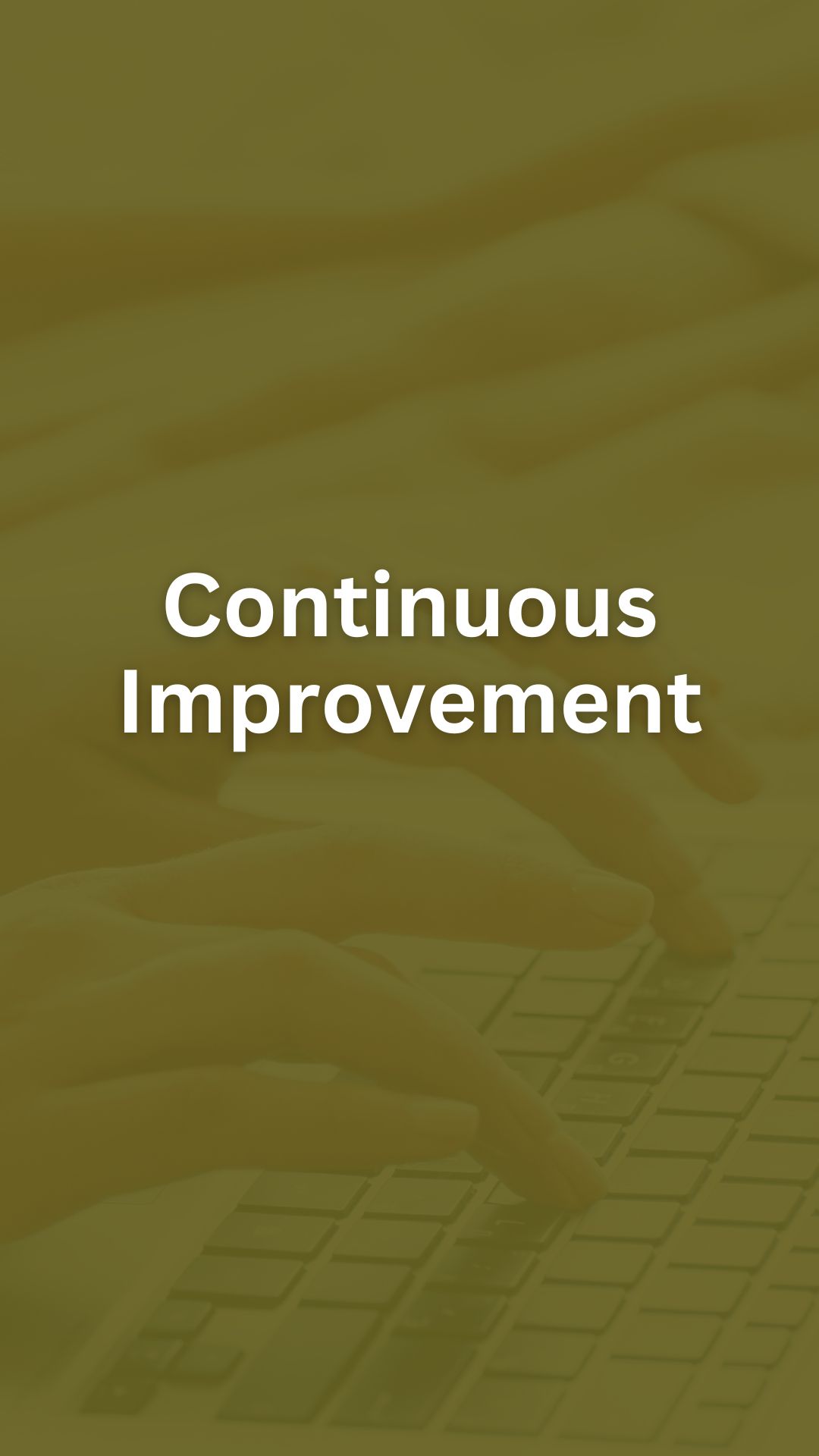
Continuous Improvement
To keep your podcast thriving, focus on seeking feedback, incorporating audience suggestions, and staying updated with current trends. Cultivating a loyal audience requires continuous effort and a willingness to adapt.
Soliciting Feedback
Encourage your listeners to share their thoughts on your episodes.
This can be done through surveys, social media, or email newsletters.
Ask specific questions to get detailed responses. For example, inquire about their favorite segments or topics they’d like to hear more about.
Having an open line of communication shows you care about their experience and helps you improve your content.
Incorporating Audience Input
Act on the feedback you receive. If listeners suggest new topics or improvements to your format, consider implementing these ideas.
A flexible approach demonstrates you value your audience’s opinions.
Host Q&A sessions or polls to make them feel involved. This interaction can result in higher engagement and loyalty.
Staying Current with Trends
Keep your podcast relevant by staying informed about industry trends.
Follow popular podcasts in your niche, attend related webinars, and read industry blogs.
Discussing trending topics can attract new listeners and keep your content fresh.
Always be ready to adapt to new podcasting tools or methods that emerge.
The Future of Podcasting
Podcasting is evolving rapidly. You can expect exciting new technologies and opportunities to change the way we create and enjoy podcasts.
Innovations in Podcasting
New technologies are making podcasts more engaging and accessible.
One key innovation is interactive episodes, where listeners can make choices during the podcast, creating a unique experience each time.
Voice recognition can also help, allowing you to control the podcast with simple voice commands.
Another exciting development is advanced analytics.
These tools give you deeper insights into your audience, helping you tailor content to their preferences.
Additionally, AI can assist in editing and producing your episodes more efficiently.
Monetization options are also growing.
Platforms are introducing new ways to earn money through subscriptions, ads, and even blockchain technology, ensuring you get paid fairly for your content.
The Role of Virtual Reality
Virtual Reality (VR) is bringing podcasting to a whole new level.
Imagine creating immersive experiences where listeners feel like they are part of the story. With VR, you can transport your audience to different worlds, making your podcast more exciting.
VR can also enhance interviews and discussions.
You can create a virtual studio where guests appear as avatars. This makes remote interviews feel more personal and engaging.
Creating VR content may seem complicated, but new tools and platforms are making it easier. As VR becomes more mainstream, expect more podcasters to explore this exciting technology.
Expanding Your Podcast Empire
With the right strategies, your podcast can grow into a larger brand. Expanding your podcast empire involves diversifying content and reaching new audiences.
You can start by creating spin-off shows that dive deeper into specific topics your audience loves.
Collaborating with other podcasters can also help you reach new listeners. Guest appearances and cross-promotions are effective ways to grow your audience.
Merchandise and live events offer additional revenue streams. Selling branded items or hosting live podcast recordings can engage your audience in new ways and generate extra income.
Finally, leveraging social media can boost your podcast’s visibility. Consistent updates, engaging posts, and interacting with your audience will help you build a loyal following.
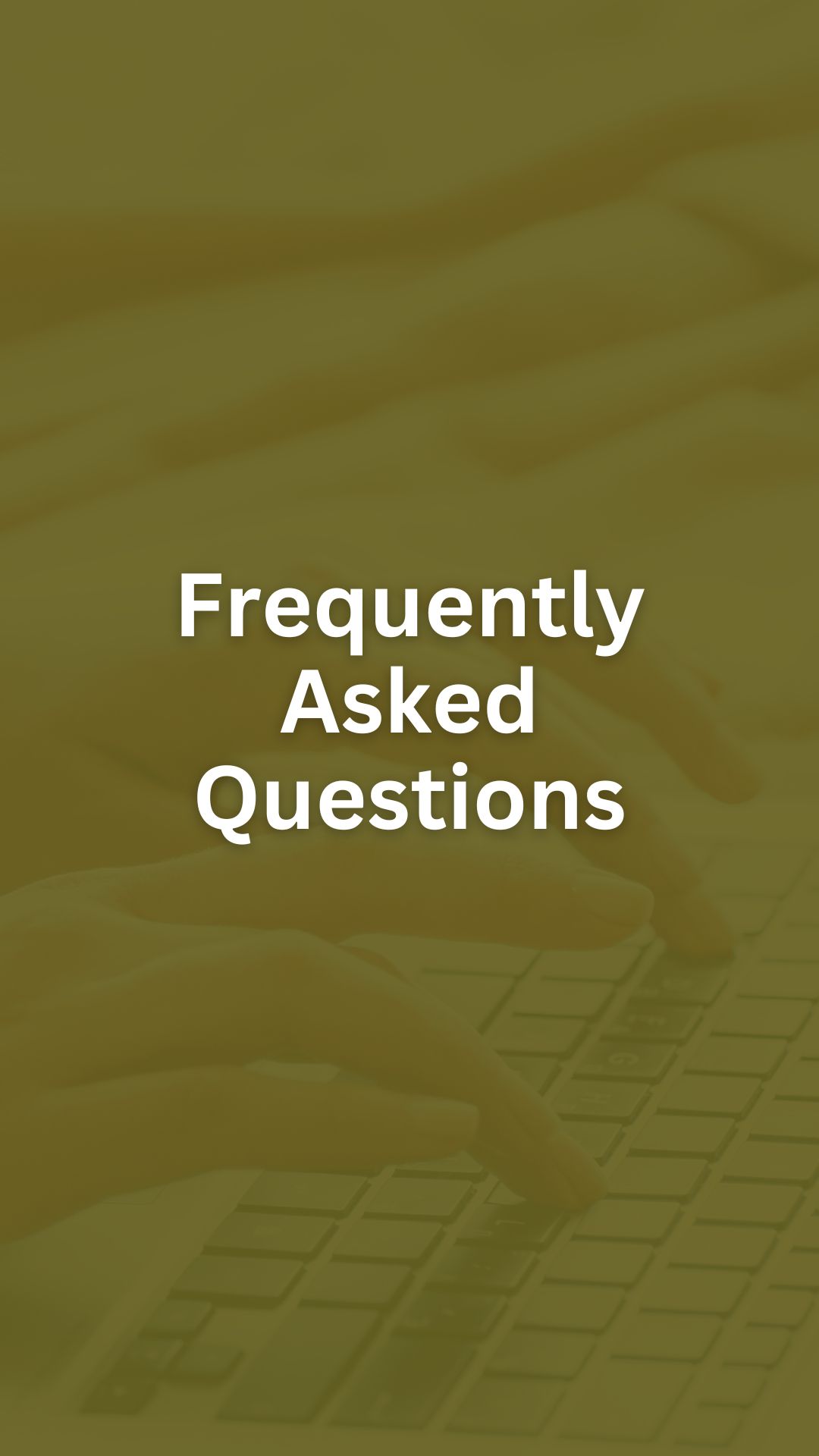
Frequently Asked Questions
Starting a podcast can be exciting! You need some basic equipment, clear monetization strategies, and a plan to grow your audience.
What kind of equipment do I need to kick-start my podcast journey?
You’ll need a good microphone, headphones, a computer, and recording software. A quiet space to record is also essential. You can start with basic gear and upgrade as your podcast grows.
What are the best ways to monetize a podcast and start earning?
You can sell ads, get sponsorships, offer premium content, or sell products. Listener donations through platforms like Patreon can also bring in money. Choose a strategy that suits your podcast’s audience and theme.
Can I begin my podcasting adventure for free and still make profits?
Yes! You can start with free recording software and a microphone you already own. As your listener base grows, you can move to monetization strategies and reinvest profits into better equipment.
How many podcast listeners should I aim for to generate revenue?
There’s no magic number, but having a few hundred dedicated listeners can attract sponsors. The key is consistent growth and listener engagement. More listeners often mean more potential earnings.
Are there specific strategies to make money from podcasts on platforms like Spotify and YouTube?
Yes, you can earn through ad revenue, sponsorships, and listener support. Spotify offers ad programs, and YouTube lets you monetize through ads and memberships. Engaging content and regular uploads help.
What steps should I follow to set up a lucrative podcast from scratch?
First, choose a topic you love.
Plan your episodes and get the right equipment.
Record and edit your episodes, then upload them to podcast platforms.
Promote your podcast through social media and collaborations to grow your audience and start earning.